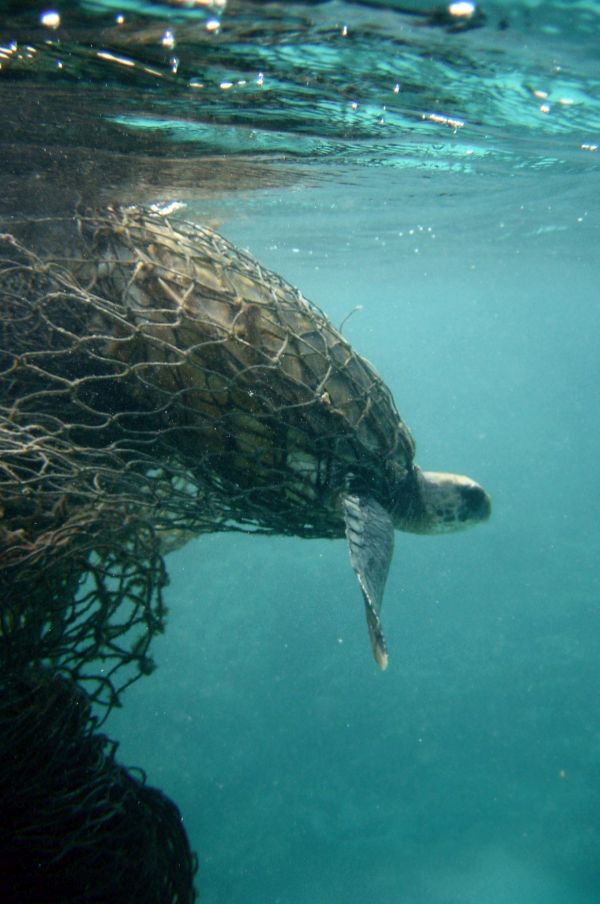Plastic not fantastic
“A beautiful blue marble” — that is how planet Earth was described on December 7, 1972, when for the first time, the Apollo 17 crew viewed it from outer space.
So far, ours is the only planet known to contain water in liquid form. It is this water which supports life on earth. And, it is the vast oceans that lend our planet the blue colour when viewed from outer space. But, did you know that this beautiful watery world — the oceans — is being choked by plastic from dumps, drains and rivers?
Scientists have calculated that about 100,000 marine creatures die every year as they get entangled in plastic. Some marine animals like turtles consume it, mistaking it to be their food — the jelly fish. Even marine birds end up as victims to this menace.
On land too, plastic items spill over from landfills and choke drains. It takes 1,000 years for the plastic carry bags we use to break up. And, most of them have been used for just a few minutes — from the shop to the house.
Looking back
There was a time when plastic shopping bags, drinking water in plastic bottles, plastic cups and plates and other items were unheard of. Your grandparents will tell you that they always carried a cloth bag when they went shopping and took with them bottles filled with water. Shopkeepers packed your stuff in paper bags.
Around the 1960s, a Swedish engineer, Sten Gustaf Thulin, developed a way to produce cheap plastic bags on a large scale. People began to find these far more convenient, and soon cloth bags became a thing of the past. “Use it and chuck it” became the norm with plastic bags. To make matters worse, non-recyclable plastic bottles made their entry in the market.
What happens to these carry bags and bottles which cannot be recycled once they are used? They remain in our environment for another 1000 years, polluting habitats and killing wildlife that mistakenly consume them. Not a cosy picture at all. But here is news that gladdens the heart — the consorted efforts of certain people to eliminate this plastic scourge.
India’s neighbour Bangladesh and the tiny state of Sikkim in the Himalayas have a similar story to tell. Both places decided to go plastic free after heavy rain caused drains clogged with plastic to overflow, resulting in flash floods and much havoc.
Environment crusaders are devoting time and energy to clean up and collect the plastic trash left mindlessly by others: trekkers who scale mountains, scuba divers who go into the deep seas and others who clean up our beaches.
Do away with it
Every year on June 5 the United Nations celebrate World Environment Day to make people aware of their environment and to sensitise them to environment endangering issues. This year, India will be hosting this globally important event. Rightly so, the theme for this year’s World Environment Day is ‘Beat Plastic Pollution’. The government is urging both individuals and industrialists to think of ways of avoiding a plastic crisis.
On April 22, Rajeshwari Singh, a 32-year-old environmentalist, began a walking mission to beat plastic pollution, from her home town in Vadodra, Gujarat, to New Delhi. She aims to complete her walk of 1,100 km by June 5. This green hero will spread the word about beating plastic pollution in all the cities on her way. True to her cause, she refuses to drink water from single-use water bottles or eat food packaged in plastic.
All of us may not achieve what Rajeshwari hopes to, but we can, in our own little way, perform green deeds towards keeping our environment plastic free and making sure our planet continues to remain the ‘beautiful blue marble’ in the solar system supporting life.
